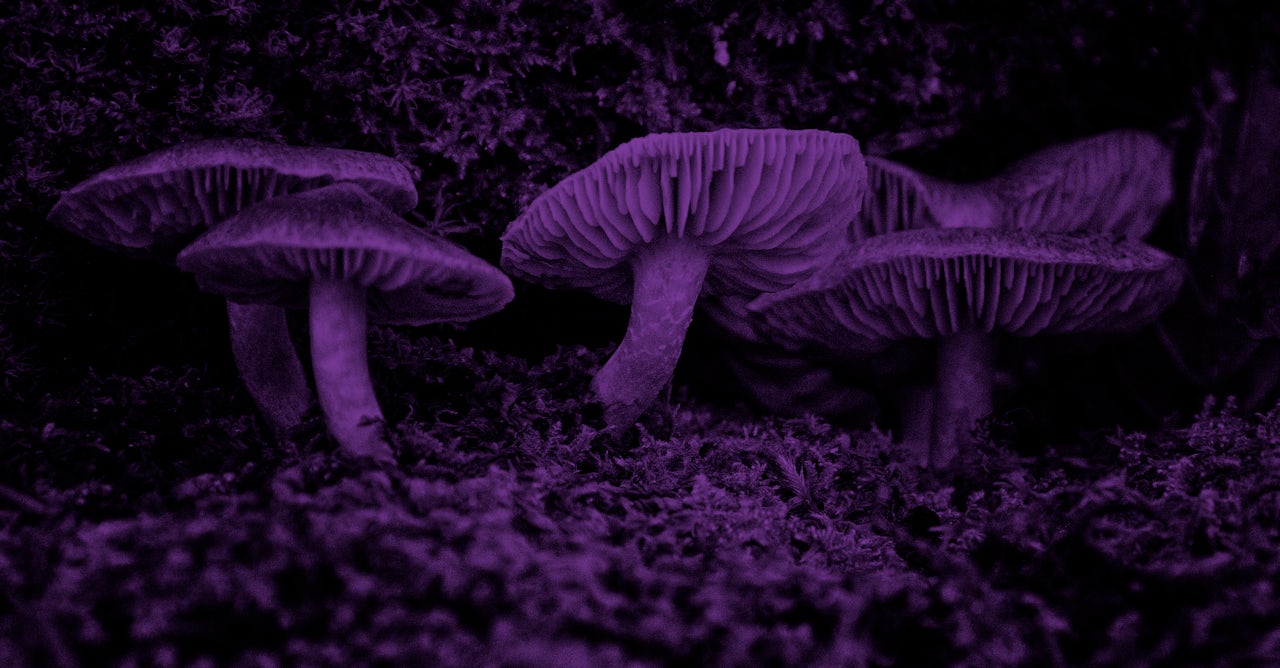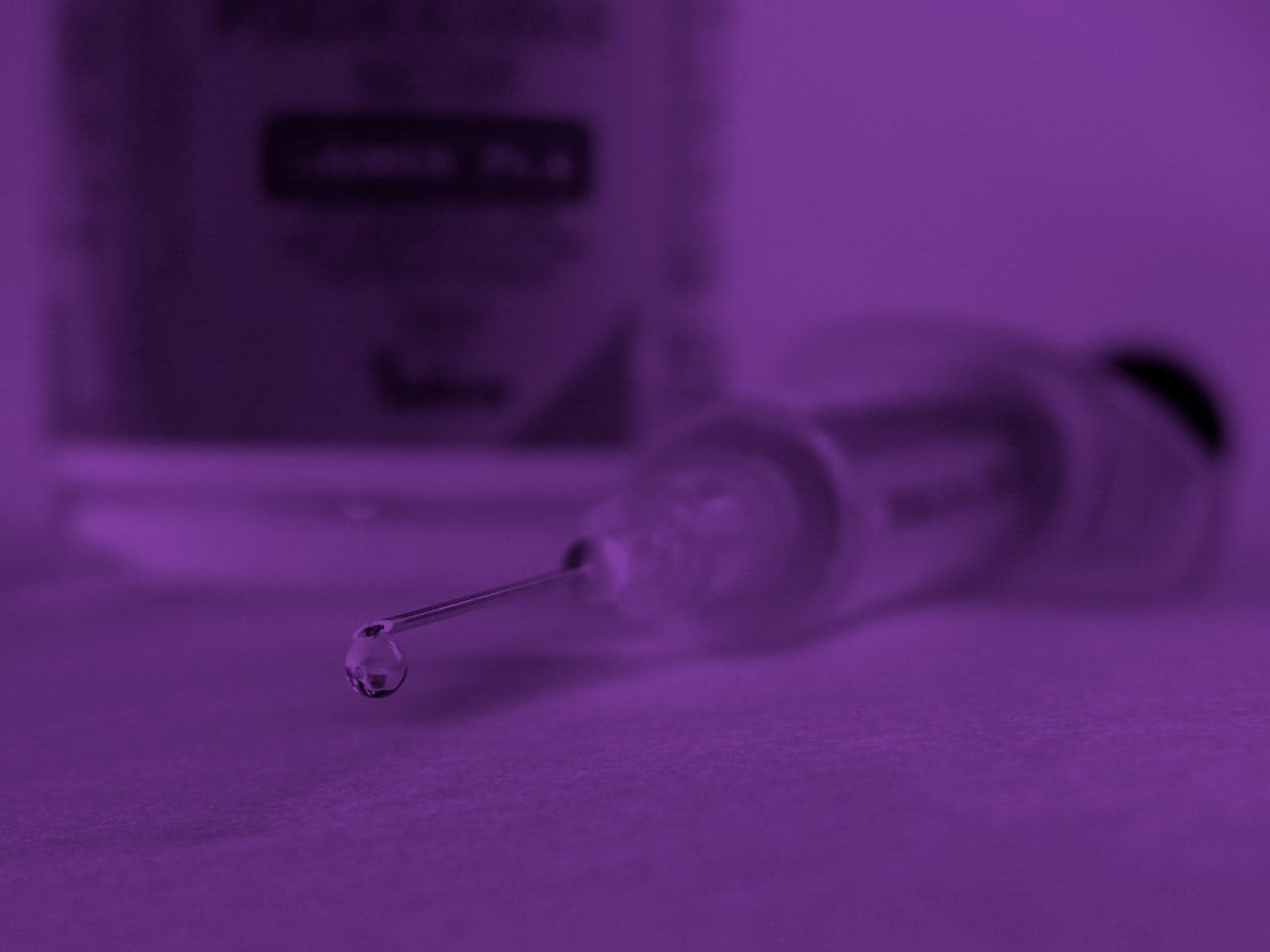Public health officials in San Francisco announced Monday that a woman in her 50s died after consuming an herbal tea bought at a shop in Chinatown. She became sick after drinking the tea in February and had irregular heart rhythms that resulted in hospitalization. She died last Saturday, the officials said. The tea, which officials analyzed, was found to contain aconite, a toxin found in a plant known as monkshood. It is poisonous, and there is no known antidote. Another man, San Francisco officials said, became ill and received treatment after drinking a different blend of tea from the same shop. He made a full recovery. How could something natural — like a simple herbal tea — kill?, one might ask.
The recent news that homeopathic (AKA “natural,” i.e., NOT medication) teething tablets were under investigation for causing the deaths of eight babies and severe reactions raised the same questions. Inspection of the products by the FDA found elevated levels of belladonna — a perfectly natural poison — in the tablets. The company responsible for the manufacture of the tablets — Hyland’s — maintains that they are safe but has stopped distributing them in the United States. And some mothers dedicated to raising their children “naturally” (Tylenol and Advil are the general recommendation for babies suffering from teething pain) refuse to believe that the tablets might be deadly.
“Natural” is a trend: We’re told, via slick marketing in food, baby gear, and medical propaganda, that natural is better. Better than what? What is the opposite of natural? Presumably, man-made.
But nature is full of killers, in the form of animals, disease, and yes, lots and lots of poisonous plants. And of course, most “man-made” modern medicine is based on ingredients found in nature. All of medicine and science is, in fact, based on and built upon things we found in nature. Petroleum is natural. Aspirin is natural. And yes, mercury, the so-called “culprit,” the focus of the anti-vaccine movement, is natural enough. When we peel back the layers of the natural trend, we find that some natural ingredients are given preference over others.
Anti-vaxxers have argued, ineffectively and incorrectly for years, that the human body is capable of “building up” immunity against deadly diseases such as the flu, measles, and polio, if only given the chance. This doesn’t stop hundreds of thousands of children from dying of illnesses easily vaccinated against: On the continent of Africa, for instance, nearly half a million children a year die of rotavirus because the vaccine for it is degraded in heat and must be refrigerated. The news that a newly developed version doesn’t need to be refrigerated is being hailed as a “game changer.” One hopes that there aren’t many anti-vaxxers in Africa.
The natural birth movement would suggest that there are far more caesarean sections than necessary performed every year, and that women do not need medication to manage pain, as if being in pain were a noble state. But until the past 100 years, the leading cause of death for women under the age of 40 was childbirth, and it remains a very precarious medical situation in many parts of the world. Only through the triumphs of modern medicine have we come to see nature not as something to be fought back against and feared but revered and sought after.
meanwhile...over at Zara... pic.twitter.com/uVq8q3OzqG
— Veronica de Souza (@HeyVeronica) March 22, 2017
The trendy movement to prefer the natural over the man-made or man-bettered, as it were, is underpinned by a deep distrust of science. The most tragic results of this misguided distrust happen when children die because their parents deny them life-saving medical care. This was the case of the parents of Alex Radita, who died weighing just 37 pounds at the age of 15 from complications of diabetes. Alex’s parents — who disputed his doctor’s diagnosis of diabetes, a chronic condition that must be medicated — refused medical care because they “didn’t believe in doctors,” and their son died after a decade of suffering. In 2012, a toddler died of meningitis after his parents treated him with “home remedies,” eschewing actual doctors and vaccinations. In both cases, the parents of the dead children were charged with crimes.
The major and obvious concern for consumers is that many herbal supplements, like homeopathic remedies, are poorly regulated despite being sold in mainstream, big box stores and pharmacies. The teething tablets in question were sold at Target, WalMart, CVS, and other stores, which also sell plenty of herbal supplements. This lends the products the air of being safe, when in fact they are not always so. Drugs, such as Tylenol, of course have their risks — especially when it comes to overdose — but they are specially labeled and tested heavily for quality. Recalls of such medications happen, but they’re rare. The FDA is powerless in many situations under the law: It does not issue recalls nor does it do any testing of its own. But actual medications are required under law to have lists of ingredients sent to the agency for review and must be approved for sale over the counter or by prescription. Supplements, herbs, and homeopathic remedies are much less regulated, and consumers are finding, more and more, that they are the testing process by which manufacturers discover the dangers of their wares.

